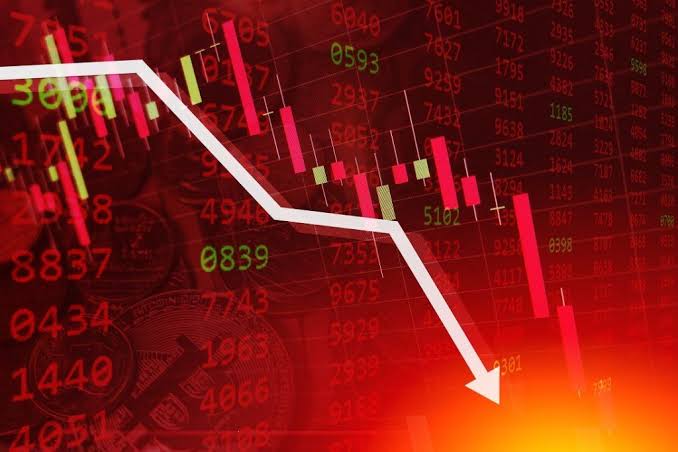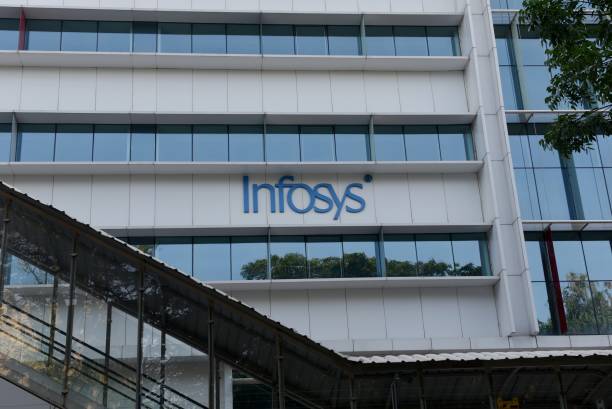Budget 2024: Stock market may face bigger crash than Lok Sabha election result day if…

The stock market could face a sharper decline than the post-election reaction if Budget 2024 introduces any unfavorable changes with respect to the capital gains tax for equities, said Chris Wood, global head of equity strategy at Jefferies.
In his weekly note to investors, GREED & Fear, he warned that adjustments to both long-term and short-term capital gains tax in the upcoming budget, set for announcement on July 23, could trigger a more significant correction than the one following the Lok Sabha election outcome on June 4, when the BJP lost its majority but formed a government with coalition partners.
Wood, however, suggested that there “seems to be less concern than was the case before about a potential increase in the capital gains tax”.
Chris Wood’s budget expectations
On the upcoming full budget, Wood said it will be closely watched for any signs of populism to meet the demands of the two minority parties in the BJP coalition. Wood suggests that the budgetary allocation for such demands will likely be less than feared.
Wood recently shared his views on capital gains tax and its potential impact ahead of the Union Budget 2024 in a recent market town hall hosted by CNBC-TV18.
He highlighted that any significant increases in capital gains tax could negatively impact the market more than previous events like post-election fluctuations.
Wood also pointed out that several markets, including Hong Kong, do not impose capital gains tax, suggesting that having no capital gains tax could be beneficial as it would encourage more investments and market growth.
He believes that if capital gains tax is maintained, it should favour long-term investments by having a substantial difference between the tax rates for long-term and short-term holdings.
Investors want capital gains tax relief
It may be noted that experts and industry bodies have long advocated for simplification and uniformity in the capital tax regime to enhance transparency and ease compliance.
One proposal under consideration is to increase the tax-free long-term capital gains (LTCG) ceiling from the current Rs 1 lakh to Rs 2 lakh.
According to a note shared by EY, a simplified capital gains tax regime is expected. “An overhaul of the capital gains tax structure, including changes in tax rates and computation methods, is required. Similar to immoveable property, the government should provide a tolerance limit of at least 10% of actual consideration for normative taxation purposes for the transfer of unlisted shares,” EY said.
Experts suggest rationalising the capital gains tax rates and introducing uniformity across asset classes, including standardising holding periods and revising indexation rules for long-term gains. Sudhir Kapadia, Partner-Tax & Regulatory Services at EY, highlighted that a 10% long-term capital gains tax rate for listed securities would make India more competitive globally.




Post Comment